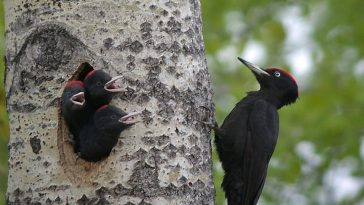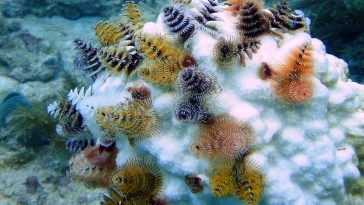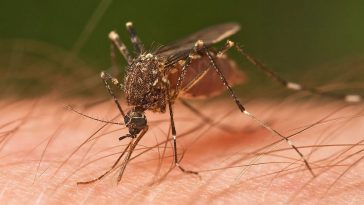Leopards Are Eating Dogs in India, and That Might Be a Good Thing
Mumbai is home to Sanjay Gandhi National Park, the largest park within city limits anywhere in the world. Within its 40 square acres, there are two lakes, a big deer population, 20 lions and four tigers (in confined areas), and an estimated 35 free-roaming leopards. Every year, those leopards eat about 1,500 dogs, and in 2017 […] More








